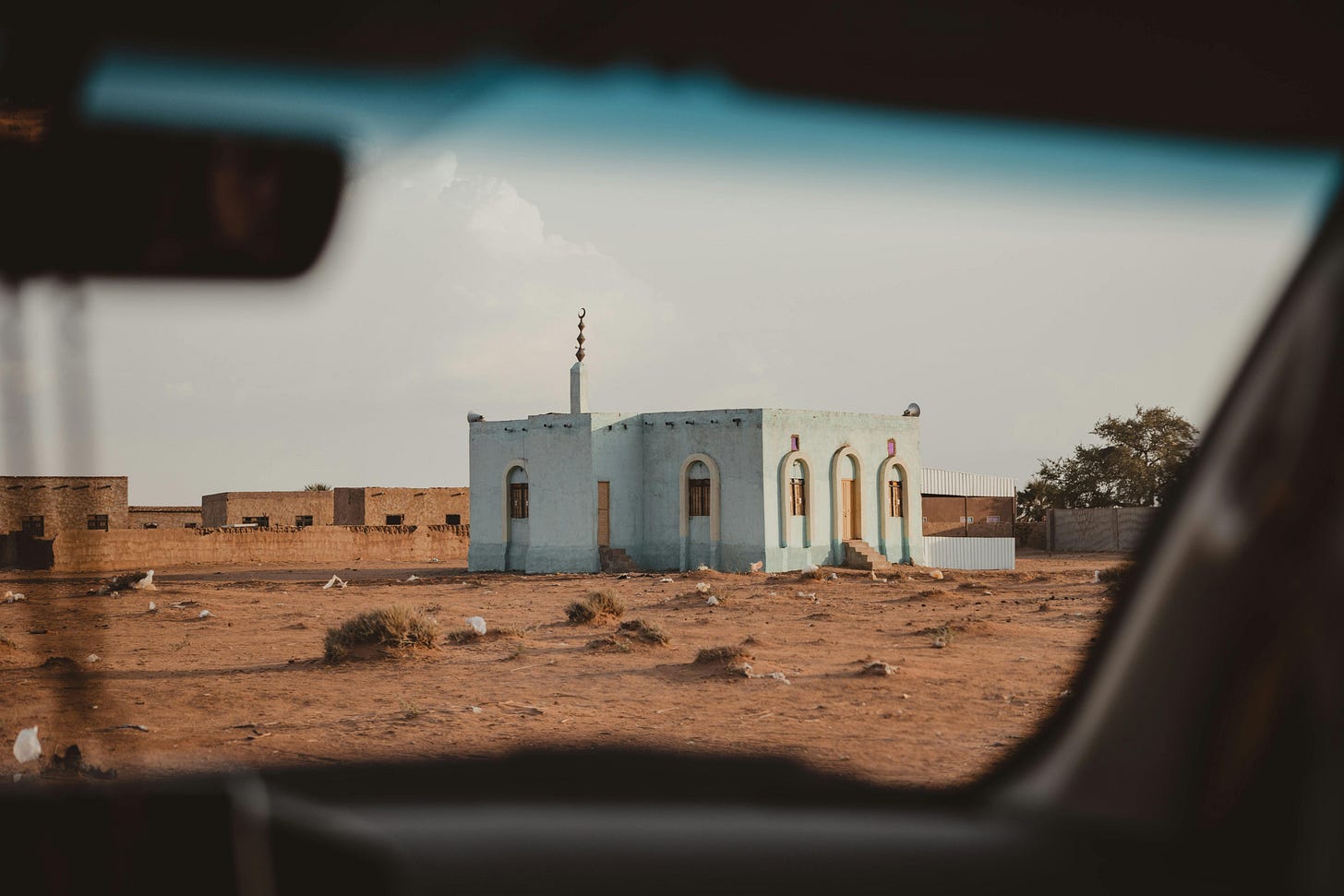The War You're Not Watching is Getting Worse.
Sudan is starving—and still not strategic enough to save
The civil war in Sudan is now in its third year. Despite its massive scale and huge humanitarian impact, it garners little interest in the international media or in global politics. While the G7 and NATO discuss further support to Ukraine and the US mulls joining Israel’s campaign against Iran, Sudan is relegated to a second-class conflict. There is little public focus on how to bring it to an end or even mitigate some of the hostilities. UN warnings about the impact on civilians see little action. It is a bloody mess and one which gives stark lessons about the realities of geopolitics.
Since I last wrote about the conflict, the conflict has escalated. Government forces continued to rally through 2024, gaining ground. In the last few months, they successfully pushed through the twin cities of Omdurman and Khartoum. Both are now reportedly “free” of rebels from the Rapid Support Forces (RSF) paramilitary forces. These victories, including regaining the Presidential Palace and major ministries, have strategic and symbolic importance, yet are not enough to bring the conflict to an end. The RSF still control vast swathes of the South West of the country and has the city of El Fasher under siege. It looks unlikely that the war will conclude soon.
The same is sadly true of diplomatic efforts to end it. Previous attempts have been largely rebuffed by the parties. Nor is there much international enthusiasm for getting involved. The conflict has failed to attract the interest of the sort of major powers who could broker or enforce peace. It is crowded out by other, more pressing conflicts, simply not strategically important enough to spare much thinking. As a result, the tragedy rolls on.



